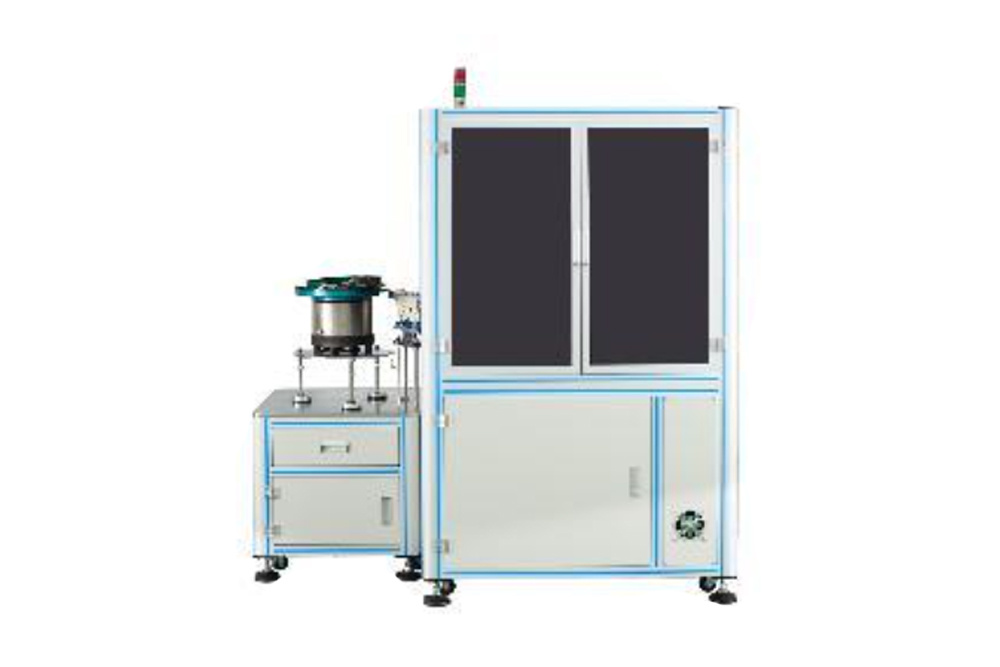Unlocking Efficiency: The Role of Precision Optical Sorting Machines in Manufacturing
Precision optical sorting machines represent a significant advancement in the field of manufacturing and processing machinery, particularly in the area of sorting and separating materials such as aggregates, food products, and recyclables. These machines utilize sophisticated imaging technologies to assess and classify materials with remarkable accuracy, ensuring that only the desired items proceed to the next stage of production.
At the core of precision optical sorting machines are high-resolution cameras and advanced algorithms. These cameras capture images of the materials passing through the sorting system, while the algorithms analyze these images in real-time. This allows for the identification of specific characteristics such as color, size, and shape. By effectively distinguishing between acceptable and unacceptable materials, these machines help manufacturers maintain high-quality standards and reduce waste.
One of the key advantages of utilizing precision optical sorting machines is their ability to operate at high speeds. Traditional sorting methods, such as manual labor or mechanical screens, can be slower and less efficient. In contrast, optical sorting machines can process large volumes of materials quickly without compromising accuracy. This capability is especially crucial in industries where time is of the essence, such as food processing and recycling.
Moreover, precision optical sorting machines can be tailored to meet the specific needs of various applications. For instance, in the food industry, they can ensure that only ripe fruits or quality grains are selected, thus enhancing product quality and reducing losses. In recycling, these machines can effectively separate different types of plastics or metals, contributing to more efficient waste management and resource recovery.
The integration of precision optical sorting machines into manufacturing processes not only improves operational efficiency but also promotes sustainability. By reducing waste and ensuring that only the highest quality materials are used, manufacturers can minimize their environmental impact. This is increasingly important in today’s market, where both consumers and regulatory bodies are placing greater emphasis on sustainable practices.
In summary, precision optical sorting machines are transforming the manufacturing landscape by providing accurate, efficient, and sustainable sorting solutions. Their advanced technology not only streamlines production processes but also enhances product quality and supports environmental goals. As industries continue to evolve, the role of these machines will become even more pivotal, paving the way for a more efficient and sustainable future.
At the core of precision optical sorting machines are high-resolution cameras and advanced algorithms. These cameras capture images of the materials passing through the sorting system, while the algorithms analyze these images in real-time. This allows for the identification of specific characteristics such as color, size, and shape. By effectively distinguishing between acceptable and unacceptable materials, these machines help manufacturers maintain high-quality standards and reduce waste.
One of the key advantages of utilizing precision optical sorting machines is their ability to operate at high speeds. Traditional sorting methods, such as manual labor or mechanical screens, can be slower and less efficient. In contrast, optical sorting machines can process large volumes of materials quickly without compromising accuracy. This capability is especially crucial in industries where time is of the essence, such as food processing and recycling.
Moreover, precision optical sorting machines can be tailored to meet the specific needs of various applications. For instance, in the food industry, they can ensure that only ripe fruits or quality grains are selected, thus enhancing product quality and reducing losses. In recycling, these machines can effectively separate different types of plastics or metals, contributing to more efficient waste management and resource recovery.
The integration of precision optical sorting machines into manufacturing processes not only improves operational efficiency but also promotes sustainability. By reducing waste and ensuring that only the highest quality materials are used, manufacturers can minimize their environmental impact. This is increasingly important in today’s market, where both consumers and regulatory bodies are placing greater emphasis on sustainable practices.
In summary, precision optical sorting machines are transforming the manufacturing landscape by providing accurate, efficient, and sustainable sorting solutions. Their advanced technology not only streamlines production processes but also enhances product quality and supports environmental goals. As industries continue to evolve, the role of these machines will become even more pivotal, paving the way for a more efficient and sustainable future.
Related News













